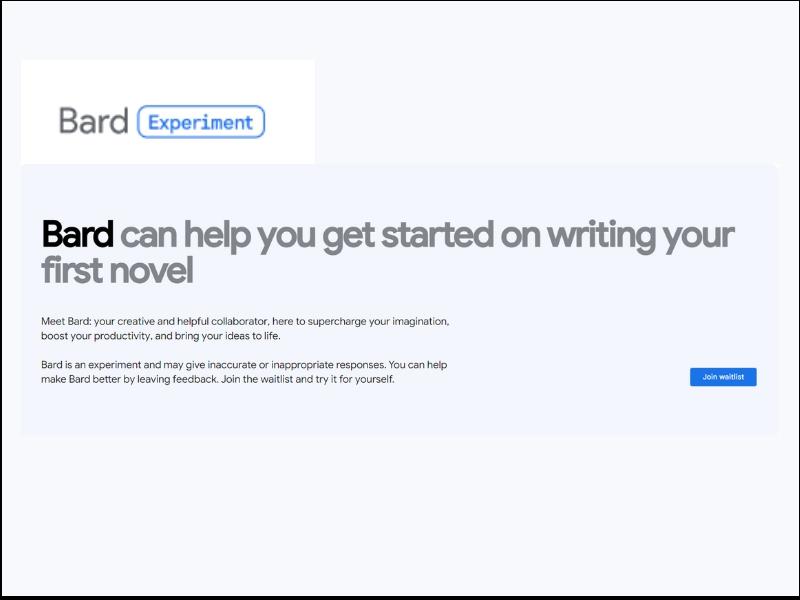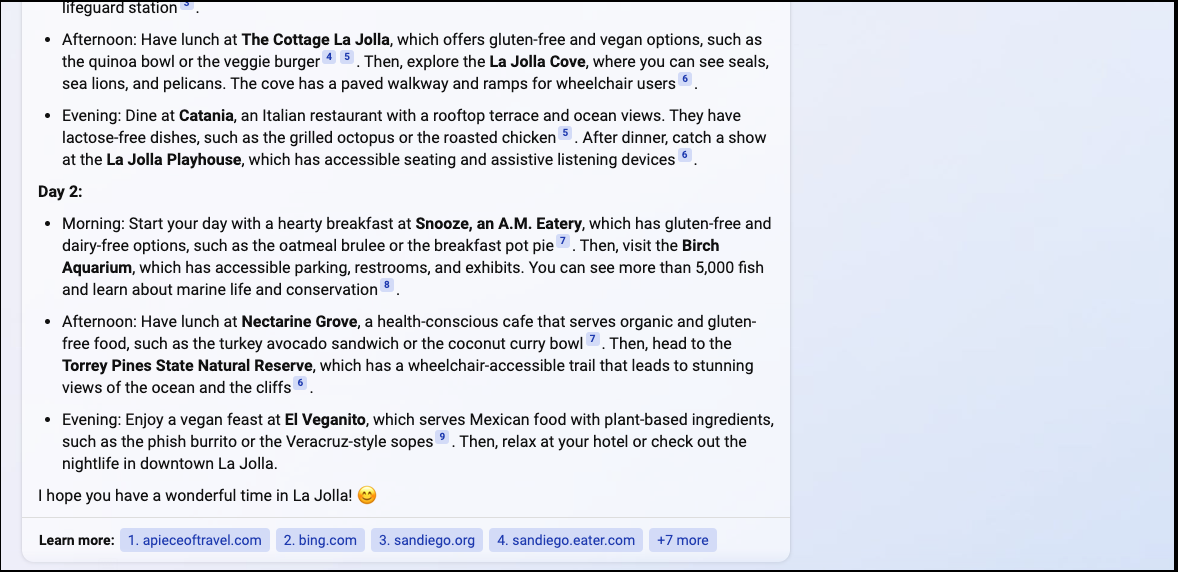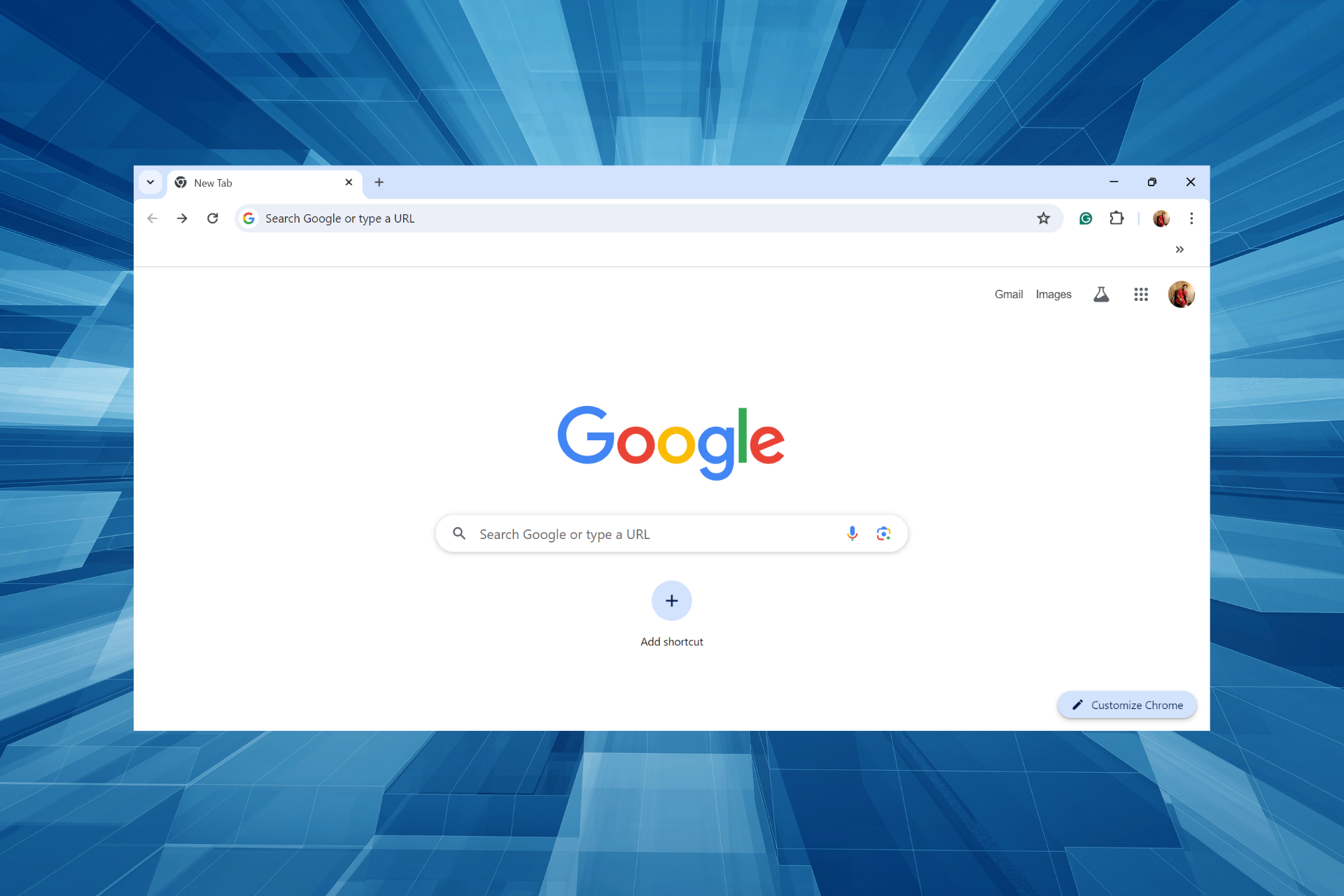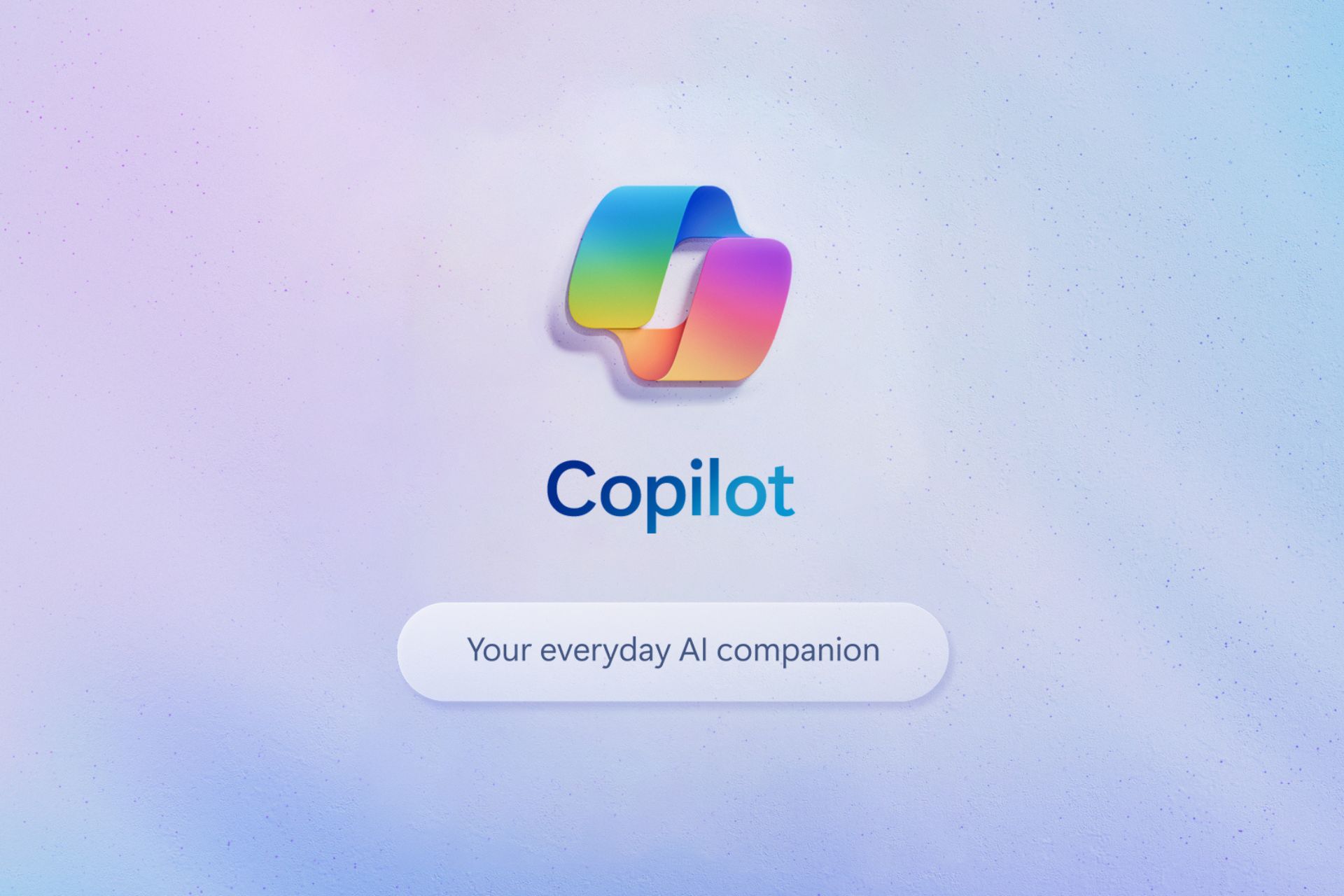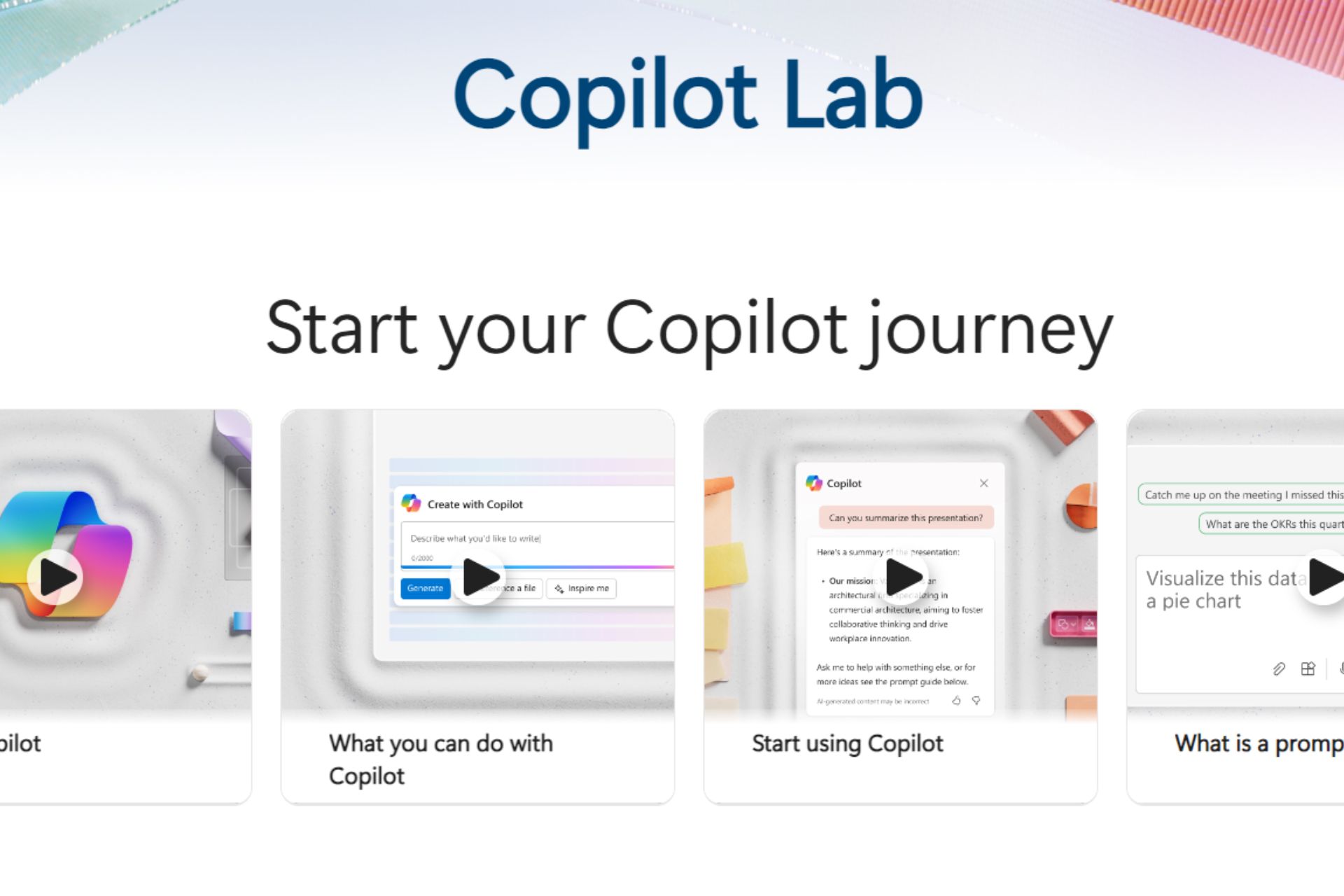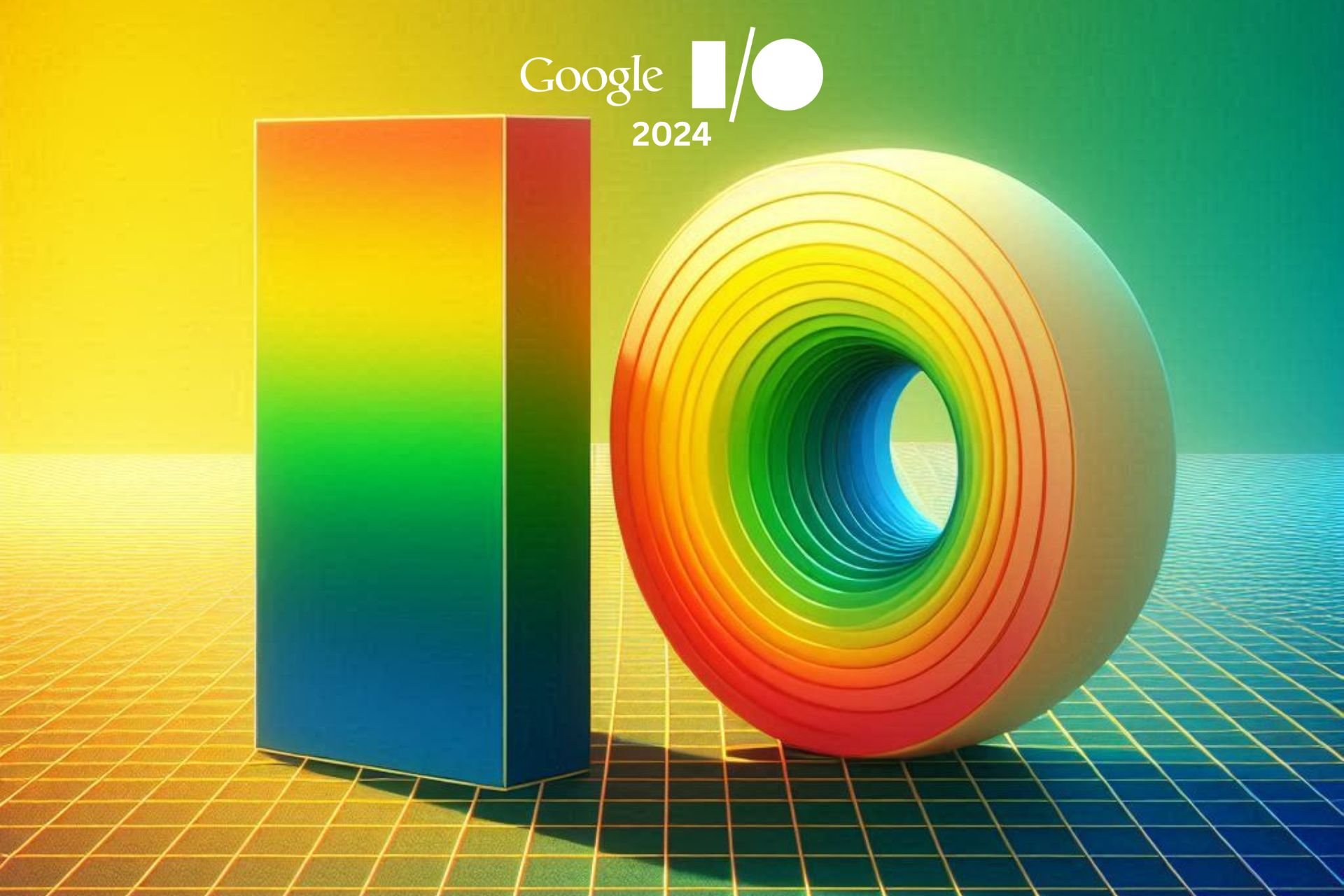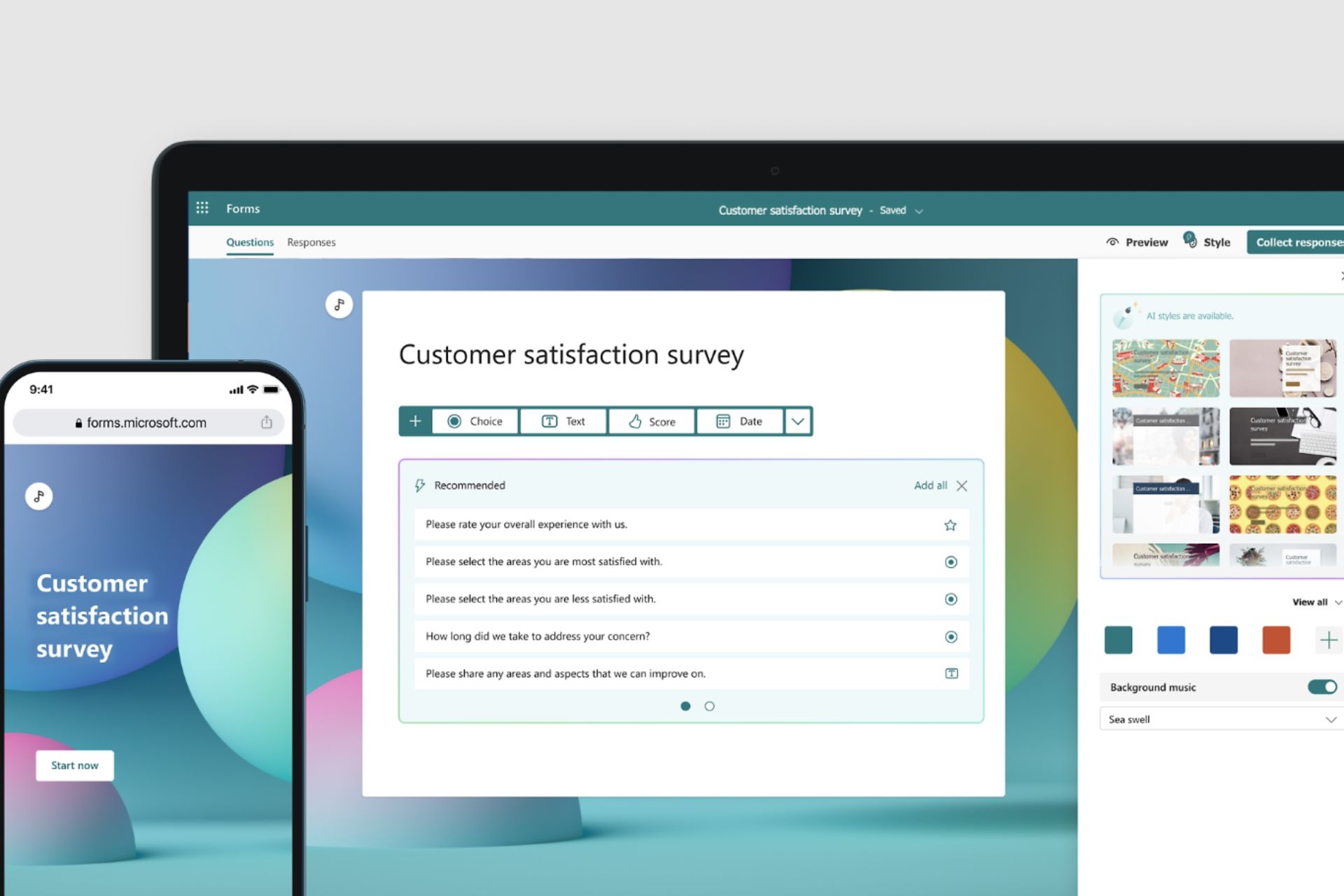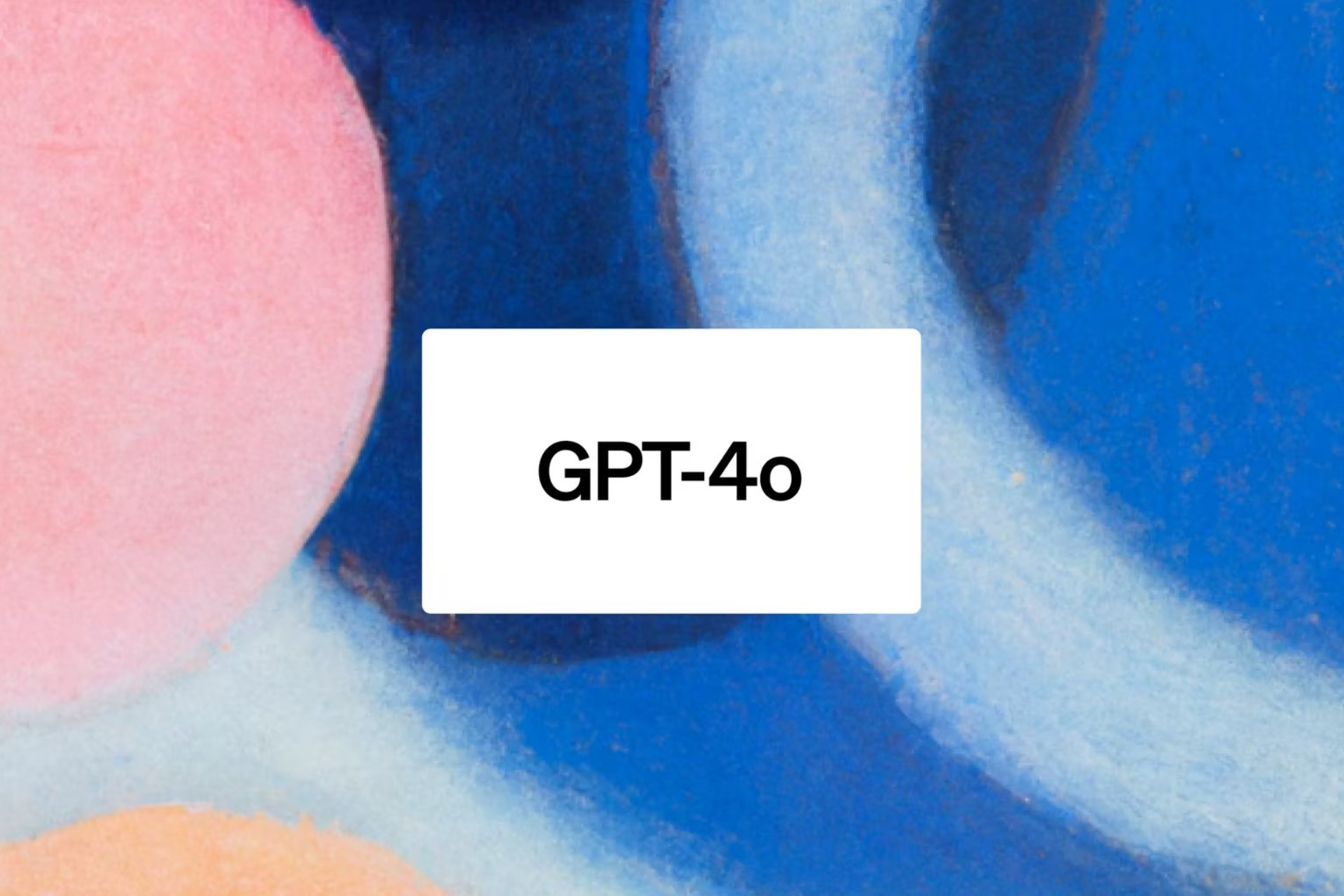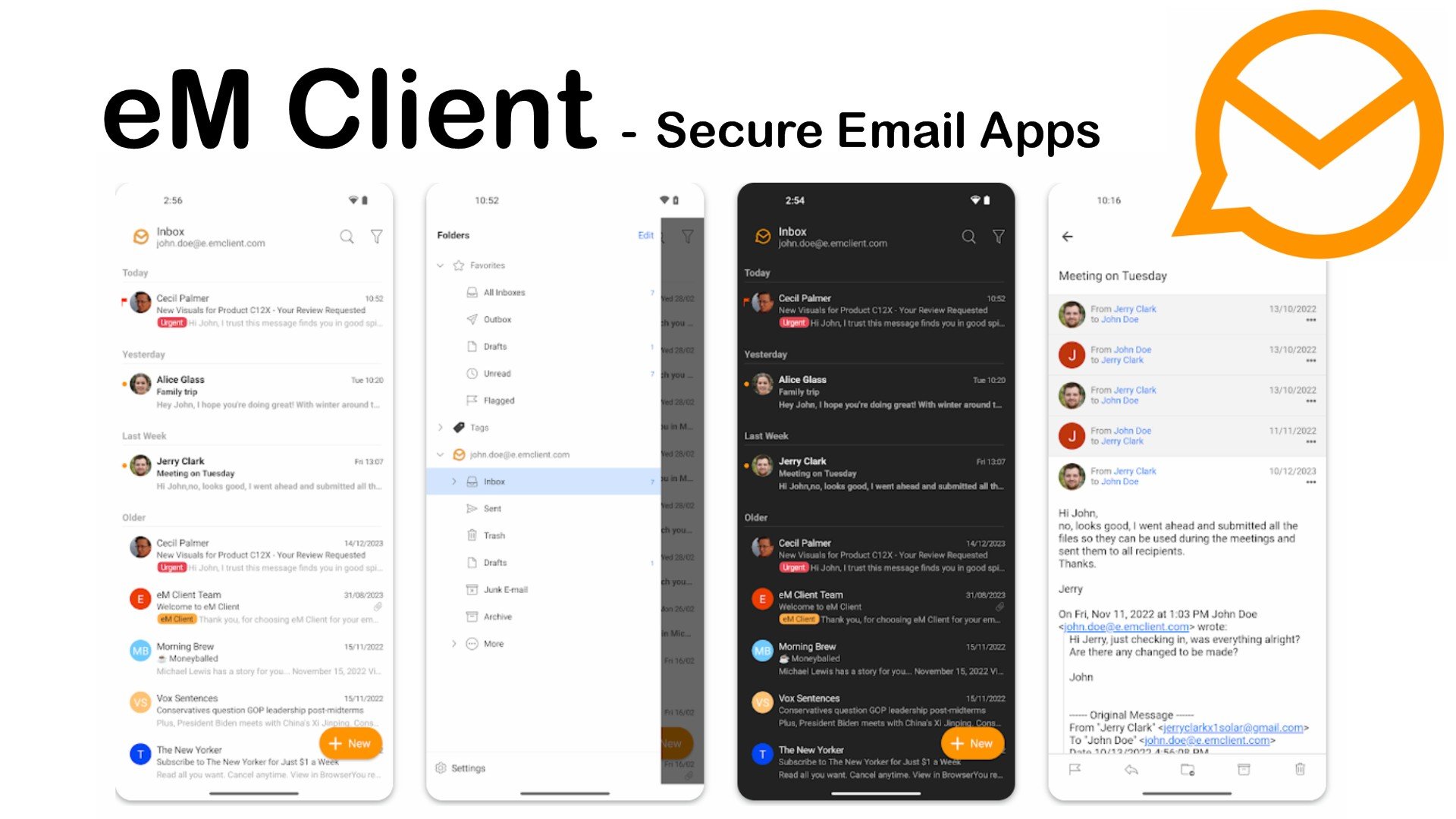Bing AI vs Bard AI: One is Way Better at Its Job
The battle between the AI assistants is heating up
6 min. read
Published on
Read our disclosure page to find out how can you help Windows Report sustain the editorial team Read more
Key notes
- Artificial Intelligence is a hot topic, and you’ll soon discover that not all intelligence is created equal.
- Find out more as Bing and Google go head to head with their AIs to scoop up the top spot.
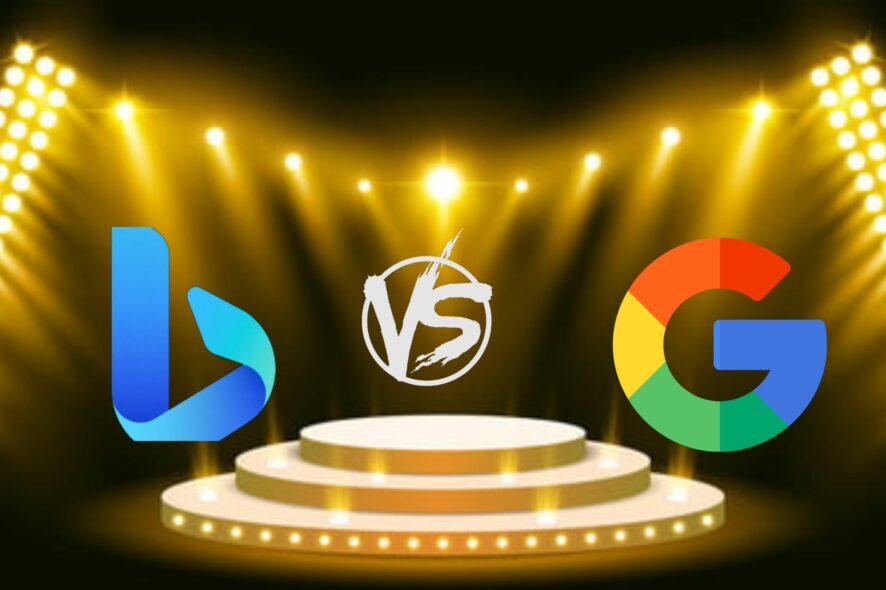
In the world of artificial intelligence, there’s a battle for supremacy. And it’s between two of the biggest names in technology: Microsoft and Google. You’ve probably heard about Bing, Microsoft’s search engine. But have you heard about Bard? It’s a new AI assistant from Google.
But which is better? Which one should you use? We’re here to help you choose between these two products by comparing them head-to-head.
What is the comparison between Google and Bing?
Google and Bing are two of the most popular search engines in the world. While Google and Bing may seem similar on the surface, they have some key differences that make them unique.
Bing AI and Bard AI are two artificial intelligence systems that can answer questions by searching the internet. But which one is better?
First off, when it comes to popularity, Bing isn’t as well known as Google when it comes to search engines. However, Bing has made some big changes over the past few years, and it seems to be paying off.
By launching the Bing AI chatbot, Microsoft has been able to surpass over 100 million users per day. Although often overlooked, it seems this AI integration has catapulted it to greater heights.
These numbers are probably why Google has officially launched Bard with the hope of reclaiming its position.
The two platforms have different strengths and weaknesses, and this article will look at them in more detail to decide which suits your needs better. Also, check out how Bing compares to ChatGPT 4 or ChatGPT vs Bard in our comprehensive reviews.
What are the similarities between Bing AI and Bard AI?
Similarities
1. Search features
Bing AI and Bard AI have search features that allow users to find the information they need. The search engine can search for specific topics or anything else you might be looking for.
You can easily search via text, images, and video. Both are powered by artificial intelligence, so they can understand and respond to your needs.
Bing uses a set of APIs that allow developers to add machine learning capabilities to their applications. For example, an app can use Bing AI to detect faces in images or videos, identify objects or text in images and videos, or detect emotion in images and videos.
When you look at how far searching on the Internet has come, being able to upload an image and get search results is a step in the right direction.
2. Human factor
While AIs are here to automate tasks, no one wants to read a robotic text that doesn’t have a hint of humanism. Luckily, both have the ability to recognize natural language, which allows them to understand complex questions.
The two types of AI are very similar in how they generate natural coherent text. When looking for answers from both AIs, the responses do not immediately sound machine-like.
3. Content curation
When it comes to AI, you may need to get your facts right because as much as they will provide you with information, it may not always be factual. Both Bing AI and Bard seem to have mastered the art of content curation.
This is important as it will help you gather relevant information and organize it into an easy-to-consume format. If you’re pressed for time and need to give a presentation on, say, a 40-page document, both AIs can easily summarize it for you. And judging from users, so far, so great.
Differences
1. Accuracy
The accuracy level in AI is still a grey area, as it’s usually a hit or a miss. In some areas, both are extremely accurate and in some, it is questionable.
While they both provide users with relevant information, they aren’t always able to give accurate answers due to their limitations as tools that help humans make decisions.
However, Bing chat appears to have a higher accuracy level if we’re keeping count, which we are. Bard has just been launched, so it might take some time to qualify its accuracy, but given its large database, its accuracy level may be unmatched in no time.
2. Privacy
Of course, everyone who puts their information on the Internet is worried about their privacy. First, to get a response as human as possible, the AI must collect some data about you.
It does this by learning about you over time and providing personalized results based on your previous searches and other factors such as location, language preferences, and so on. Bing leverages your Microsoft account and IP address, while Bard uses your Gmail account.
The information gathered is quite different, which plays a role in the overall search results. Needless to say, you need to read the fine print of the privacy and data protection policy before you use either.
3. Plagiarism
And now to the component that sets both AIs apart. Plagiarism, especially when trying to come up with original content, is not only a form of dishonesty but greatly smears the credibility of the source.
Bing seems to have taken this into account. You’ll be happy to know that Bing AI integrates a similarity checker in Microsoft Products such as Office and Excel to enhance originality. Further, when using the chat AI, it will also include citations from sources.
On the other hand, Bard has not employed any of these features, and judging from what users say, the plagiarism levels are too high. Of course, it would be detrimental to rely on AI results fully, but the citation on Bing makes it more reliable.
Conclusion
From the in-depth comparison, the question on everybody’s mind: Is Bing better than Google? Bing AI was a big winner in this battle, outperforming its counterpart by a wide margin. This is not to say that Bing is perfect, as it also has its downsides, such as the daily limit to chat.
While this may seem limited, you can still use Bing AI chat on another browser. This, again, puts Bing on a pedestal.
Still, Bard is fairly new in the market and is looking to improve. The most important takeaway from this war is that you’re only as good as what you put out. Will Google reclaim its number-one spot?
Is Bing way far ahead for Google to catch up? These are questions that can only be answered in the near future. Whatever the outcome, the user stands to benefit as each tech giant finetunes their products to stay ahead.
Overall, if you have to pick a side between Bing and Bard, or one of their rivals, it just boils down to which side you want to be on.
For now, we can only bask in the impressive features that both AIs have to deliver. Have you tried either of the AIs? What’s your verdict? Share your experience with us in the comment section below.

